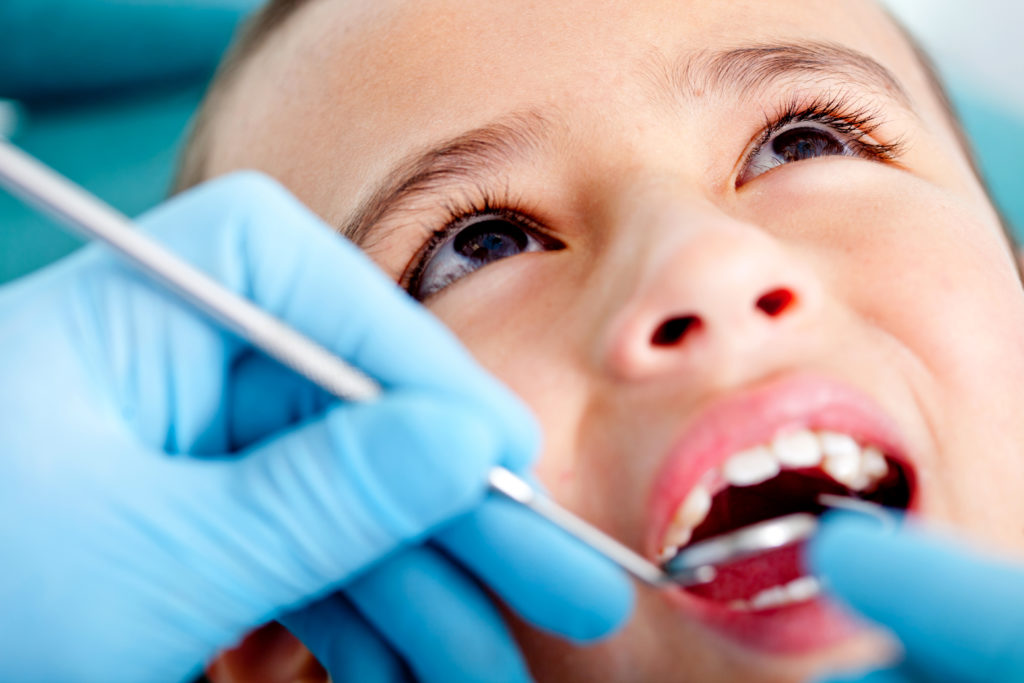Fluoridation of water has been a major public health victory of the latter half of the 20th century

Some municipalities have ended their fluoridation projects because of erroneous beliefs about the harm of the practice.
Fluoridation of water has been a major public health victory of the latter half of the 20th century. In recent years, some municipalities have ended their fluoridation projects because of erroneous beliefs about the harm of the practice. A report in JAMA Pediatrics offers more data on how effective the practice is in preventing severe dental caries in a child’s first set of teeth.1
The investigators had a nearly whole population cross-sectional study of children aged 4 years who had undergone a health and developmental assessment as a part of the New Zealand’s B4 School Check screening program between July 2010 and June 2016. The program included data for 391,677 children. Eligibility criteria removed 18,558 children who were missing geospatial information, 32,939 children who could not be geospatially matched, 58,786 children who did not have a recorded oral health screening, and 5551 children who lived in a region that had varying fluoridation status. This left 275,843 children who were eligible to be assessed.

In the sample of eligible children, the median age was 4.3 years and just over half were boys. Roughly 153,000 children lived in areas that had fluoridation programs. Severe dental caries were found in 24,226 children who lived in regions with fluoridation programs and 17,135 in areas with unfluoridated water. Following adjusted analyses, the researchers found that children with unfluoridated water had higher odds of severe dental caries when compared with children who had fluoridated water (odds ratio, 1.21; 95% CI, 1.17-1.24).
The researchers concluded that water fluoridation programs were linked to a reduced risk of severe dental caries in a child’s first set of teeth. Parents have been less worried about caries in this set of teeth because they aren’t permanent, but the past decade has seen plenty of research that shows how harmful this type of thinking was, particularly because of the impact of prolonged periods of dental pain. The study provides more evidence for how to protect a child’s first set of teeth.

Reference
1. Schluter PJ, Hobbs M, Atkins H, Mattingley B, Lee M. Association between community water fluoridation and severe dental caries experience in 4-year-old New Zealand children. JAMA Pediatr. July 27, 2020. Epub ahead of print. doi:10.1001/jamapediatrics.2020.2201
Note: Pediatrician Tips is strictly a news and information website about pediatrics. It does not provide medical advice, diagnosis, or treatment. This content is not intended to be a substitute for professional medical advice, diagnosis, or treatment. Always seek the advice of your pediatrician, physician or another qualified health provider with any questions you may have regarding a medical condition for any person. Never disregard professional medical advice or delay in seeking it because of something you have read on this website. The opinions expressed in this column are not always those of Pediatrician Tips and are intended to spark discussion about issues pertaining to pediatrics and pediatricians.









